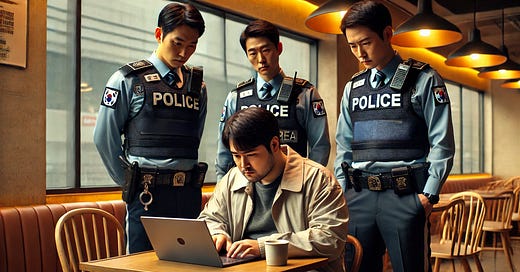Analysis: Social media regulation on political agenda
The next administration in South Korea will have a strong mandate to impose reforms to regulate social media.
Event or Trend: Pro-Yoon Suk-yeol rallies in Seoul on 18-19 January saw a surge in anti-China rhetoric and conspiracy theories, particularly allegations of Chinese interference in Korea's 2020 general elections. These unverified claims were propagated widely through social media and after repetition by conservative lawmakers have entered mainstream political discourse.
Significance: The proliferation of unverified conspiracy theories and xenophobic sentiments at political rallies underscores the influential role of social media in shaping public discourse in South Korea. The phenomenon mirrors global concerns about the spread of misinformation and disinformation online and the incapacity to control what authorities deem extreme political discourse.
In response to similar challenges, countries across the globe are seeking to impose firmer controls over social media. The next administration in South Korea will have a strong mandate to impose reforms to regulate social media and will conse…



